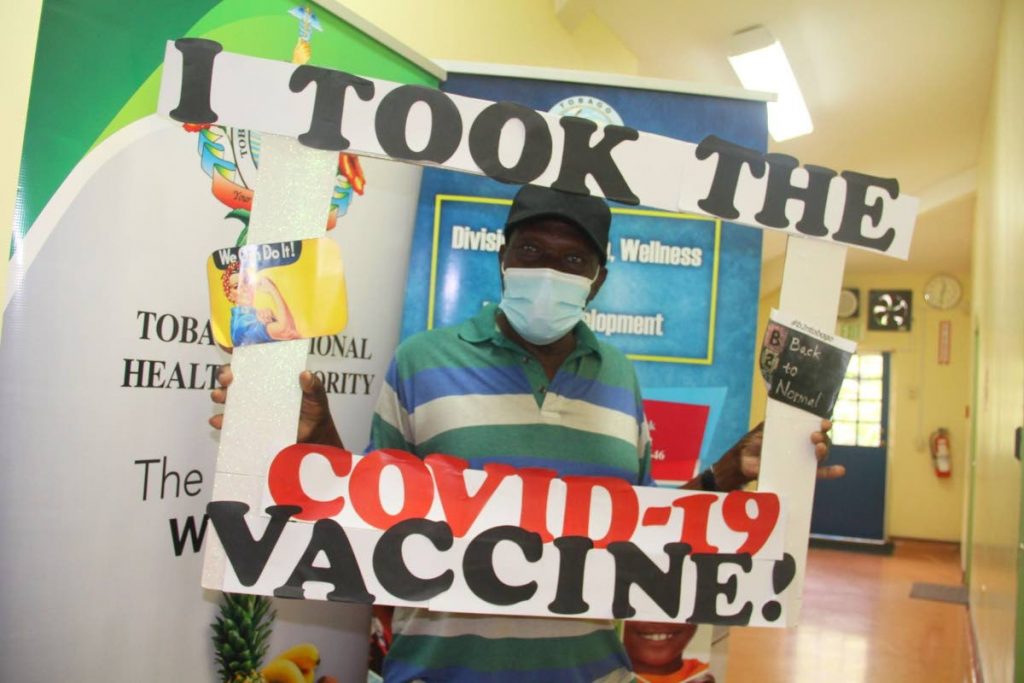Your vaccine hesitation will kill us

Kiran Mathur Mohammed and Dr Alexandra Ames
What should we be afraid of? We’re all familiar with the usual suspects. Heart disease tops the list with one in six odds. This is closely followed by preventable causes of death (one in 24), falls (one in 106), and motor-vehicle crashes (one in 107), all the way up to the rarer causes, like sharp objects (one in 29,224), hornet, wasp and bee stings (one in 59,507) and lightning (one in 138,849).
Basically, we should all be utterly terrified of doing pretty much anything, and certainly to avoid “sharp objects”, wherever they might be. Which brings us to the AstraZeneca covid19 vaccine.
Economics has long realised that we are not rational, and it is time public health did the same. As an instructive case, let’s think about how we think about the chances of being carried off by twinkling angels. We thought it might be interesting to look at the lifetime odds of dying in the United States, according to the US National Center for Health Statistics.
Many otherwise sensible and indeed eminent people seem positively goggle eyed at the thought of blood clots stopping them stone dead on first jab. Yet the odds of this happening are four in a million. You are almost twice as likely to be struck by lightning.
Just being pregnant increases the risk of a blood clot four to five times that of a non-pregnant woman. Would you have not had your child because of this risk? The combined oral pill increases the risk of a clot by three-fold, but millions of women take this.
The other question people have is how well the vaccine works. You see all these percentages bandied about about the AstraZeneca vaccine. But what do they mean by effectiveness? The most important thing is that the vaccine prevents hospital admission and death. Anything else is a bonus. And guess what, the AstraZeneca vaccine is almost 100 per cent effective at reducing hospital admission and death. Once that is sorted, who cares about a bit of a mild cold.
The other “big fear” is that the vaccines we have may not work against mutant variants. But mutations occur during replication. Therefore, the greater the number of replications, the greater the chance of mutations. So, as long as we have virus spreading, that is, replicating, the greater the chance of mutations.
As many people as possible should be vaccinated, with what we have, to stop spread and stop mutations. Don’t worry about the odd variant not being caught by the vaccine, the scientists will catch up with that. What we have to do is stop the majority of spread now, not pause vaccination programmes until we find the one magic bullet that will cure all mutations until the end of time. That will never come. When we pause, we give the mutants more time to form. It is likely that as with the flu, we will have to adjust our vaccines annually.
Knowing all this, why then are people so bad at calculating costs and benefits? The problem, you see is that a simple matter of weighing up the odds of good or bad things happening hits a brick wall in the form of our biases and emotions.
This problem is as old as when we crawled out of the primeval ooze, and stood frozen at the sound of something going “bump” in the night. An uncertain fear will always be scarier than a certain one. There’s a reason why the best horror films do well to keep the monster out of sight.
Covid19, however, is a totally “known” quantity. If anything, we’re all a bit tired of hearing about it. But the uncertain fear of “what might the vaccine do to us in future, it’s been rushed through?” seems far more pressing for many people.
That is why we must make it clear that the risk of inaction is far more tangible. We don’t need to reinvent the wheel. Everyone from the World Economic Forum to Johns Hopkins have formed working groups on this. A large part of it is simply presenting the risks of action and inaction in simple straightforward form.
We therefore call on Caricom governments to come together and accelerate an aggressive joint advertising campaign, using behavioural science at its heart to encourage vaccinations. Ministries of health have already put out a tender for a vaccine hesitancy campaign – these must be fast-tracked. There is an opportunity to enlist every celebrity, every politician, every doctor and every public figure in this campaign.
All cliches ring true in a crisis, and this one is no different. There’s no question: “the only thing to fear is fear itself”.
Kiran Mathur Mohammed is an economist and co-founder of medl, an IDB lab-backed social impact health tech company. Dr Alexandra Ames is a medical doctor and telehealth pioneer in TT.


Comments
"Your vaccine hesitation will kill us"